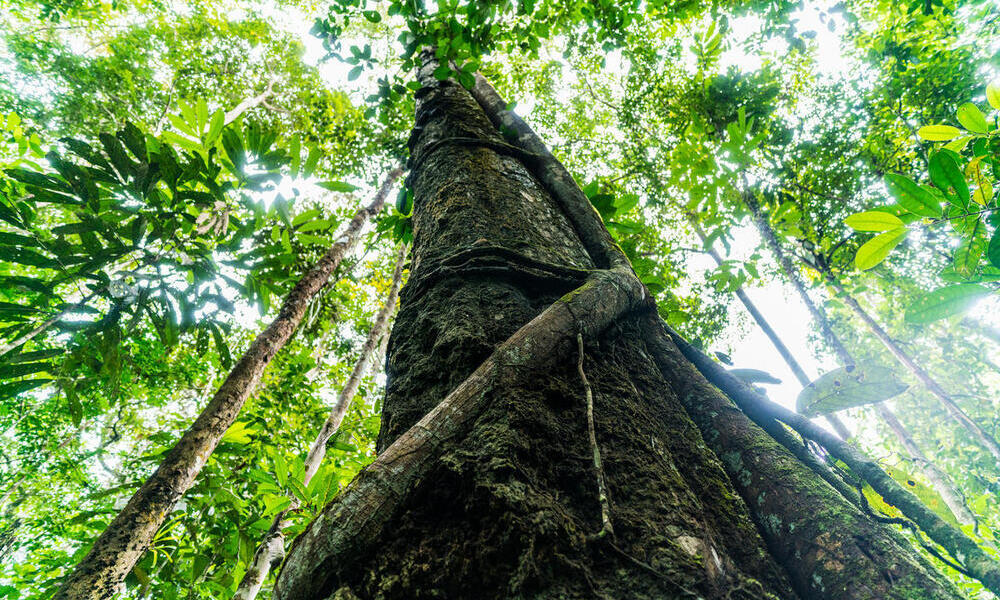Hannah Miller is a stakeholder engagement associate manager at Facebook, working alongside Florence to further the Coalition’s work through strategic partnership management. She and Florence worked to launch Facebook’s first wildlife-focused interstitial to educate users about prohibited content policies on the platform. Prior to joining Facebook, Hannah was an active champion for wildlife in the roles she held at Pinterest and Twitter.
Katrina Drayton, Head of Policy, Etsy
As Etsy’s head of policy, Katrina Drayton has helped drive Etsy’s efforts forward in service of the Coalition’s goals, expanding enforcement efforts and seeking out opportunities to exercise influence in the public sector. She also helped to organize Etsy’s participation in the “CyberSpotters” program, which helped them to identify new trends in keyword-based evasion techniques used to attempt to circumvent controls.
These founding companies have been instrumental in helping to grow the Coalition globally. Just two years after the program launched, they reported blocking or removing more than 3.3 million listings that violated prohibited wildlife policies.
Ellen Jackowski, Chief Sustainability and Social Impact Officer, HP
Major tech companies such as HP have committed to help protect critical forest ecosystems. Ellen Jackowski serves as HP’s chief sustainability and social impact officer and has stewarded the company’s investment in increasingly ambitious forestry projects, in addition to their work around plastics.
In 2019, WWF and HP embarked on a long-term partnership, with the goal of helping to restore, protect, and improve the management of global forests, starting with nearly 200,000 acres in Brazil and China. In addition to Jackowski, this work has been furthered by a team of women leaders, including Anneliese Olson, the senior vice president of HP’s Print business, Elena Bliemel, environmental product steward, and Vanessa Forbes, Print sustainability communications lead.
Through this project, HP aims to grow the total global supply of more responsible fiber in Brazil and China and cover the fiber footprint of paper used in their consumer printers over the course of the collaboration. HP has also committed to helping WWF in strengthening science-based targets for forests and developing a tool to estimate the biological benefits of improved forest management. As a result, other companies will be able to better estimate the climate, water, and other nature-related co-benefits of their actions.

